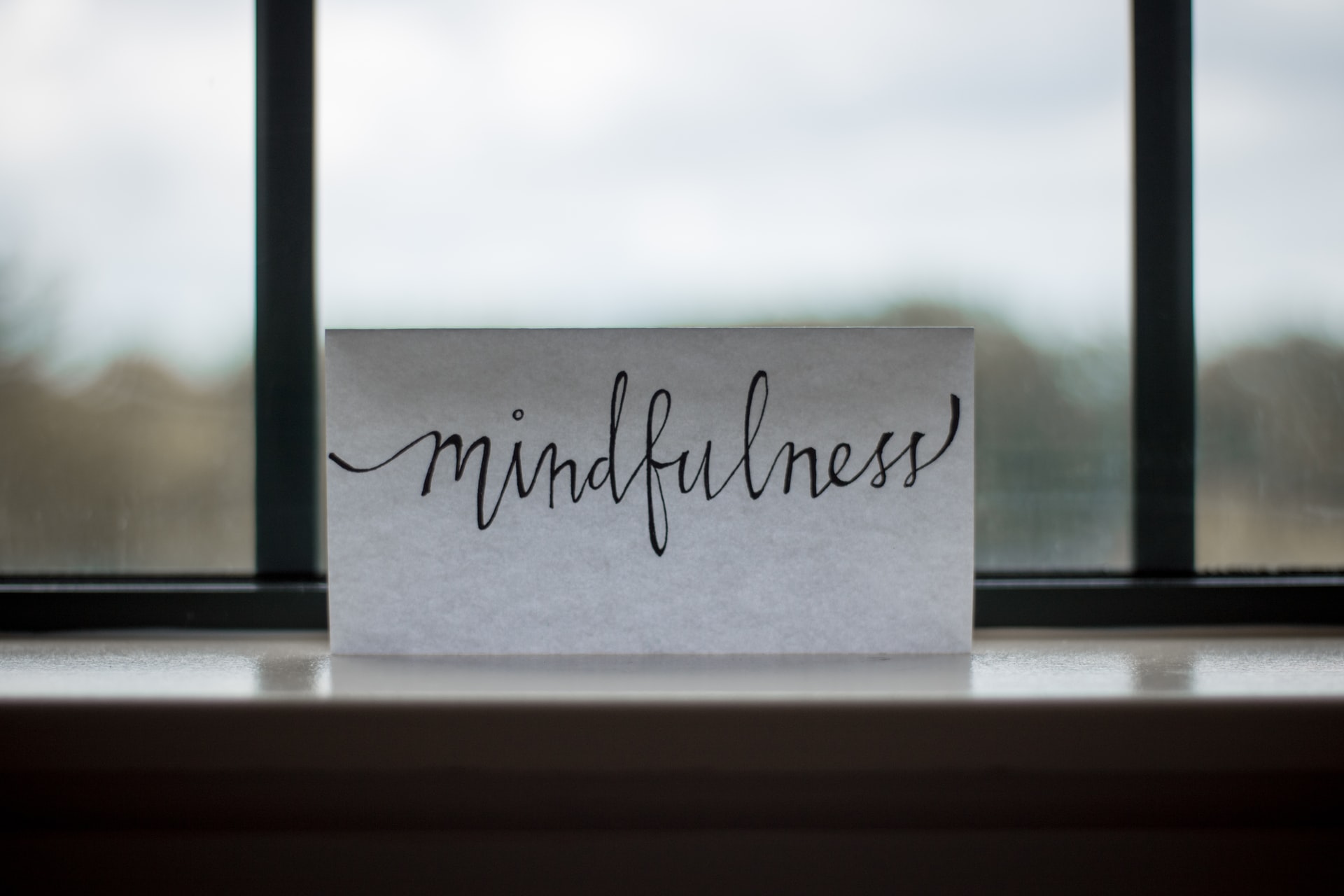National Sleep Awareness Week
What is Sleep Awareness Week? Sleep Awareness Week was launched in 1998 and is the National Sleep Foundation’s public education campaign with the aim to spread awareness about the importance of sleep as it relates to physical and mental health. This year, Sleep Awareness week will fall on Sunday, March 13th through Saturday, March 19th. Prepare your pillows and blankets! The Importance of Sleep. Many of us don’t recognize the importance of sleep until we discover the difficulties we face when we are sleep deprived. We may not acquire enough sleep due to staying up late cramming for an exam, staying up late to finish work, or struggling with sleep disorders such as insomnia or sleep apnea. Lack of sleep tampers with our mood, memory, and health in very impactful ways. In terms of mood and mental health, studies have discovered that lack of sleep induces heightened levels of anxiety …






